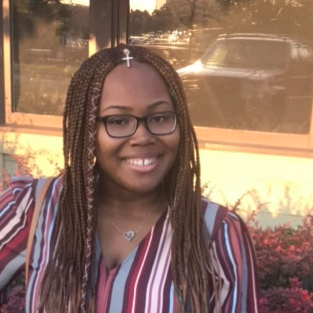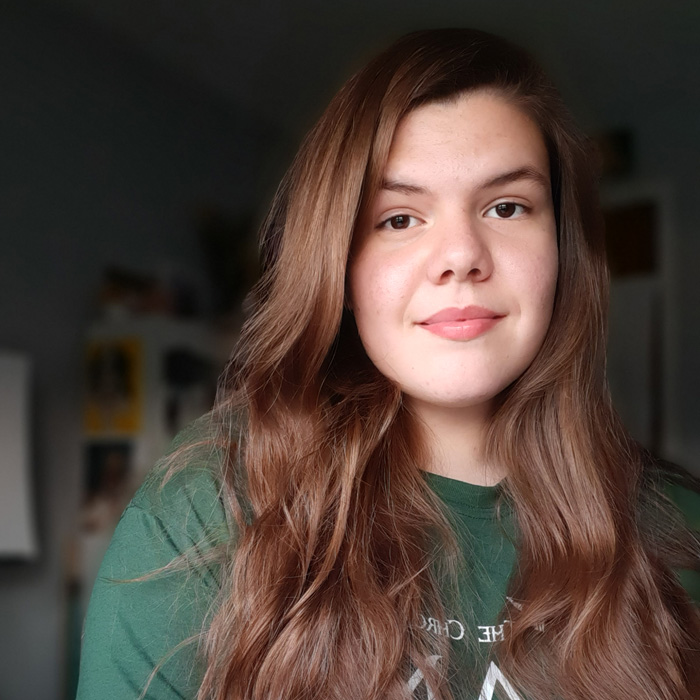by Kianna Goss
Infertility is a painful journey for anyone—but Black women face even more hurdles.
On September 10, 2021, Time Magazine released an excerpt from Actress Gabrielle Union’s new book “You Got Anything Stronger?”
Awestruck. That’s how I felt while reading this story of a Black woman suffering. Often, celebrities don’t allow the public inside of their lives on such a personal level. However, Union shared her journey of surrogacy in great detail, with the raw emotions she was experiencing. I believe she shared this story to connect with other women who have suffered such deep loss.
Union revealed that her reproductive endocrinologist informed her that the best chance at having a baby was through surrogacy. Union mentioned how she had been through different treatment plans and “…more miscarriages than she could confidently count,” according to Time Magazine. This was devastating for Union because she wanted the experience of being pregnant. According to BBC news, the risk of Black women having a miscarriage is 43% higher than white women.
In 2019, the Chicago Tribune wrote a story on Tiffany Harper by Danielle Braff. Tiffany Harper is a Black woman who was, at the time, struggling with infertility. Harper mentioned how she didn’t know of other Black women that had undergone infertility treatments, therefore she suffered in silence, which was isolating. Suffering in silence is a common theme for Black women who are struggling with infertility. A lot of this stems from the barriers Black women face in society causing feelings of incompleteness if they are not able to carry a child.
Union went down a rabbit hole searching for how to find the right surrogate. By searching through books, communicating on surrogacy message boards, and having conversations with their fertility agency, she and husband Dwayne Wade found an ethical agency they felt comfortable using. Finally, they found a service that checked all the right boxes.
That’s when Union met Natalie, her surrogate, and felt a good aura from both her and her husband. Natalie received a positive pregnancy test in March 2018, and Union was confident that the baby would arrive around Thanksgiving. During an ultrasound with both couples, Union admits to crying because she understood how many potential babies she lost. This is similar to another Black woman named Brittany Turner, a mother who finally gave birth to her son Brayden after having four miscarriages according to Akilah Davis, ABC7 news reporter.
Fast forward to late October. Natalie texts Union to let her know that her water had broken. Natalie proceeded to go into labor for 38 hours ending with the doctor performing an emergency c-section because the umbilical cord was tied around the baby’s ankle. Fortunately, Natalie gave birth to a beautiful baby girl, Kaavia James.
Thoughts like “Would she love me more if I carried her?” wandered through Union’s mind. She also worried that her inability to carry a child might put a strain on the love her husband had for her. Union shares this story to speak her truth about what she deals with and how it affects her. Union’s story is not uncommon, as there is a statistically higher number of Black women suffering from infertility. To me, this was Union breaking the silence barrier to get more women to speak up to form unity. To show other Black women they do not have to suffer alone.
Reading Union’s story inspired me to further research how many other women of color have difficulty carrying a child. According to the Center for American Progress, “African Americans have the highest infant mortality rate of any racial or ethnic group in the United States, and higher rates of preterm births explain more than half of the difference, relative to non-Hispanic white women.”
I encourage everyone to research more about women of color with struggles of infertility. You will find a lot of information on how many women suffer more than you think. Also, you’ll see the lack of treatment options or the lack of being able to afford the treatment. Union gave a powerful testimony that many other Black women can relate to. As an advocate, if they are suffering in silence, it’s important to use your voice to help end their silence.
About Kianna Goss

Kianna Goss is a senior at Bradley University, majoring in journalism with a double minor in sociology and advertising with public relations. The importance of community involvement is to use your voice. Kianna’s voice is one of the strongest platforms she has, and utilizes it through her writing. Being a Black woman, Kianna often writes to give a voice to the Black community to gain control over the media that portrays them in a negative way. Kianna is a writer with different form expressions. She has written poetically, through blogs, newspapers, and opinion pieces. Kianna always looks for more opportunities to grow as a writer and person. Kianna is currently the social media director for Her Campus, works as a peer mentor for Bradley’s Office of Diversity and Inclusion, and is a team leader/caller at the Bradley Fund. Being able to explore her creativity is what she loves most about Bradley. The Communications department is molding her into the journalist she aspires to be.
About Faith Marie

Faith Marie is a homeschooled senior in high school who dreams of being an artist entrepreneur one day. She fell in love with creating at a young age and now experiments with all kinds of mediums. You can find her on Instagram at @faithmariedraws.

